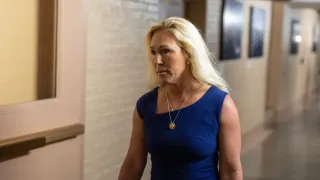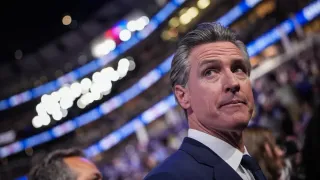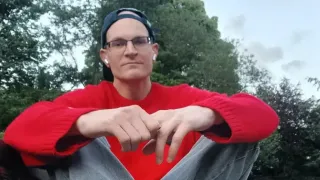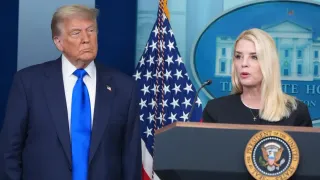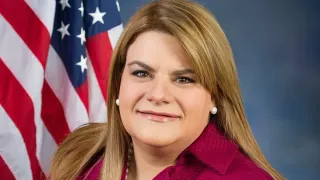
3 hours ago
Barack Obama Urges Young Men to Seek Gay Friends and Role Models
READ TIME: 3 MIN.
Former President Barack Obama has once again placed himself at the center of national conversation around LGBTQ+ inclusion, this time urging young men to foster friendships with gay peers and look to LGBTQ+ role models. In a recent interview, Obama noted, “(Men) need (a gay friend) to show empathy and kindness, and by the way, you need that person in your friend group, so if you then have a boy who is gay or nonbinary or what have you ... they have someone that can go, 'OK, I'm not alone in this,'” emphasizing the unique value such relationships bring to personal growth and social understanding .
Obama’s comments arrive at a time when many are questioning how best to foster inclusive environments for young men and challenge the lingering effects of toxic masculinity. The former president, known for his pivotal support of marriage equality, linked his views to personal experiences, referencing the growth he experienced after befriending openly gay individuals in college .
Obama spoke candidly about the influence of Lawrence Goldyn, his gay European politics professor at Occidental College, describing how their friendship provided him with a front-row seat to the realities faced by LGBTQ+ communities. In his memoir "A Promised Land," Obama recounted, “Once I got to college and became friends with fellow students and professors who were openly gay, though, I realized the overt discrimination and hate they were subject to, as well as the loneliness and self-doubt that the dominant culture imposed on them. I felt ashamed of my past behavior — and learned to do better” .
Obama’s story underscores how exposure to diverse identities can challenge preconceived notions, dismantle prejudice, and encourage emotional maturity. He emphasized that having LGBTQ+ friends is not about performative diversity but about genuine mutual support, growth, and connection .
Obama’s remarks have been met with both praise and criticism. Supporters argue that his message is a crucial intervention against the culture of emotional unavailability and rigid gender roles often imposed on young men. By encouraging straight men to embrace friendships with gay peers, Obama hopes to cultivate a generation better equipped to empathize with those who differ from them in identity and experience .
However, some critics contend that such statements might inadvertently reinforce the idea that gay men exist to serve others’ emotional needs, rather than being valued as individuals in their own right . LGBTQ+ advocates stress the importance of ensuring that calls for inclusion do not place the burden of education solely on marginalized groups, but are instead part of a broader societal commitment to equity and understanding.
Obama’s latest comments build on a legacy of advocacy for LGBTQ+ rights that began during his presidency. In 2012, he became the first sitting U.S. president to publicly endorse marriage equality, a move that energized the LGBTQ+ movement and set the stage for the Supreme Court’s historic ruling on same-sex marriage in 2015 . His administration’s efforts to address discrimination, support transgender rights, and highlight LGBTQ+ stories were seen as transformative, albeit not without controversy or criticism from some activists who sought more rapid progress .
With his recent remarks, Obama continues to encourage intergenerational dialogue and self-reflection, urging men to “challenge norms” and “support people—not through lip service, but lived actions” . For many in the LGBTQ+ community, such public advocacy from a global figure remains a powerful affirmation of the ongoing struggle for acceptance and equality.
Obama’s call for young men to seek out gay friends and mentors offers a timely reminder of the transformative power of diverse relationships. As society continues to debate the best ways to foster empathy, challenge outdated norms, and support LGBTQ+ youth, voices like Obama’s play a pivotal role in shaping the conversation and inspiring real change.
